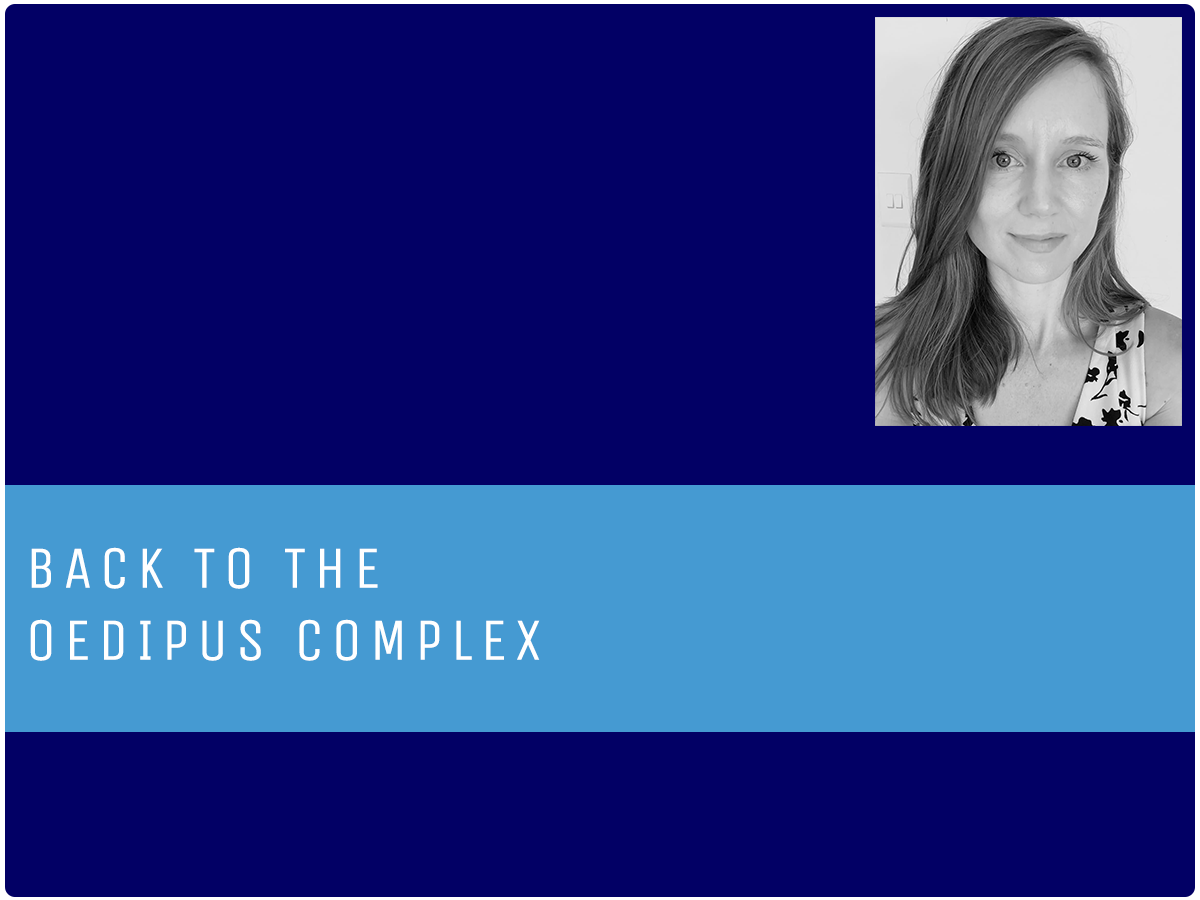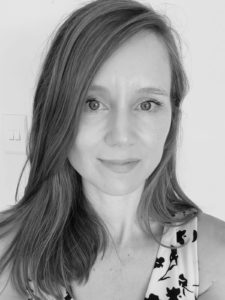
Back to the Oedipus Complex
Growing up watching Back to the Future, it always puzzled me why the theme song was The Power of Love. How did love relate to the thrilling time-travelling exploits of Marty McFly and Doc Brown? I read somewhere that all great dramas are simply variations on the Oedipal situation, and this shed sudden light for me on the obvious Oedipal nature of this film. Fun, light and punchy, it might nevertheless owe its undeniable attraction to its neat dramatisation of a psychical situation everyone knows.
The entire film is a matchmaking mission in which Marty, the hero, attempts to unite his young parents, whose romance he is derailing. It culminates in his plan to let his father defeat him in winning the hand of his mother, in order to secure his own future existence: to avoid annihilation. What makes for a lot of the comedy is that his mother does not know he is her son, and is deeply attracted to him romantically, preferring him over his father. Her lust and his repulsion at it is a stark illustration of how unconscious attraction becomes conscious revulsion, via the incest taboo. His discomfort at her advances, as well as the unwanted rivalry between himself and his father, are the epitome of defensive manoeuvre, and his fierce pursuit of getting them together, because he knows if he comes between them he will be the architect of his own demise, is a beautiful illustration of the Oedipal problem.
As they travel through time, they defy the laws of physics, reality, time and logic – as does the unconscious: an external impossibility but a psychical given. Maybe the power of love is a primary narcissistic love, which “might just save your life”, as the song says – the sheer power of self- preservation and how that drives everything we do.
 Biography of the Author: Michelle Jackson
Biography of the Author: Michelle Jackson
Originally fascinated by literature for its vivid depictions of the internal lives and emotions of characters, Michelle Jackson obtained a Masters and PhD in neuropsychology, seeing patients for a number of years before pursuing the psychoanalytic training. She is especially interested in a psychoanalytic approach to the treatment of neurological patients. She studied at UCT and lives in Cape Town, training through the South African Psychoanalytic Association (SAPA).


